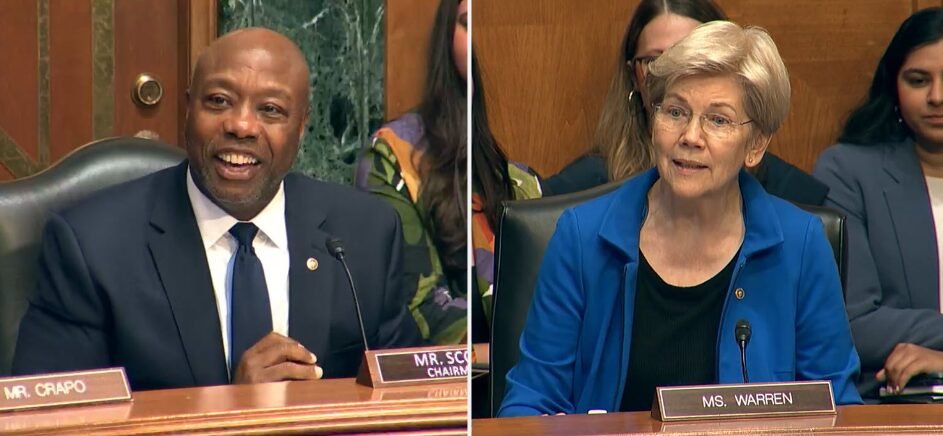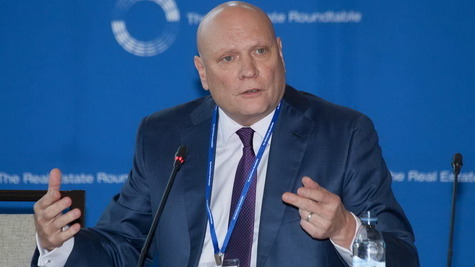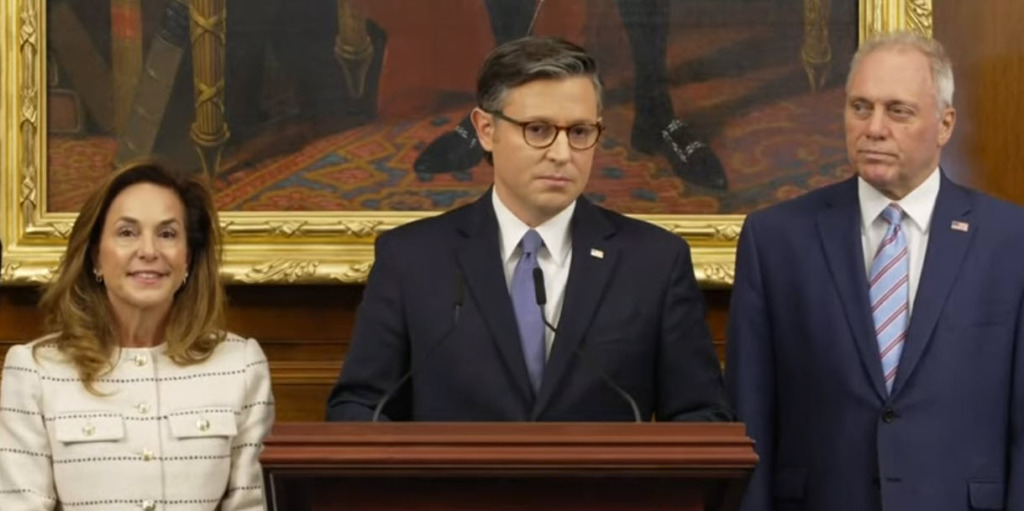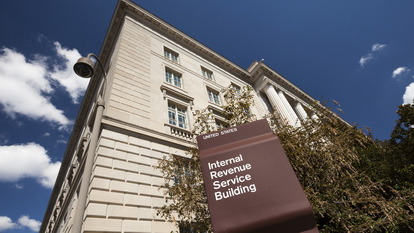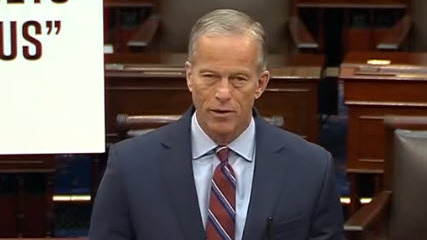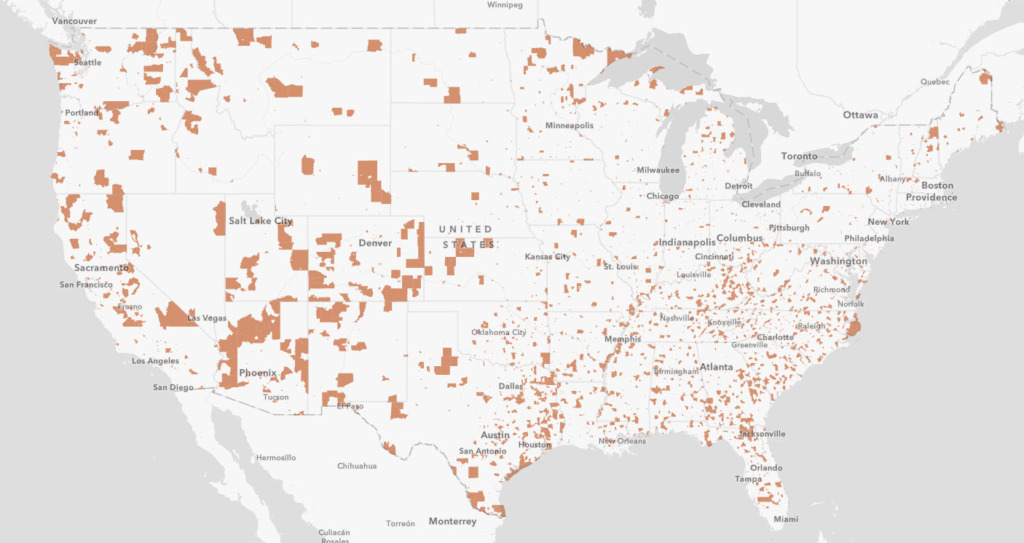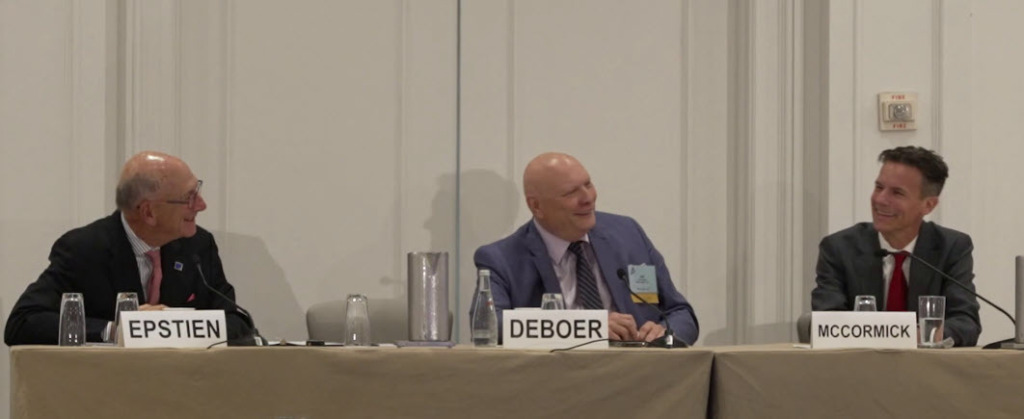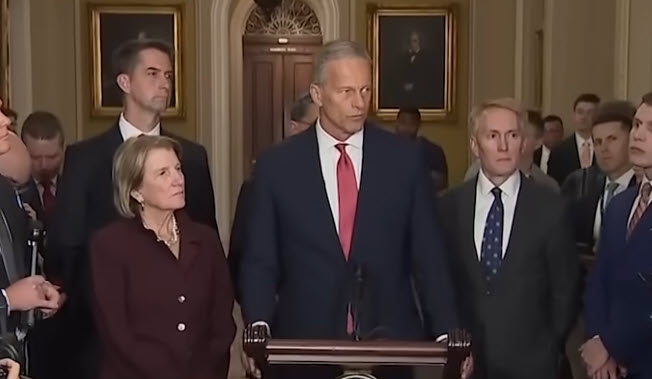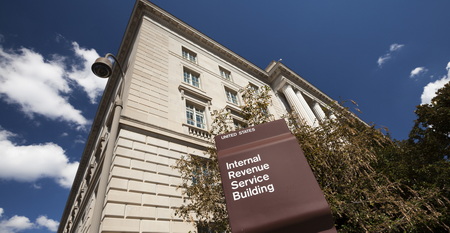
The Treasury Department and the Internal Revenue Service (IRS) on Monday released a new Notice of Proposed Rulemaking that would repeal the FIRPTA “look-through” rule for domestically controlled real estate investment trusts (REITs)—a significant policy shift strongly supported by The Real Estate Roundtable (RER).
Proposed Change
- Under the proposed regulation, the domestic corporation look-through rule would be removed, treating all domestic C corporations as non-look-through persons when determining whether a REIT is domestically controlled, and thus exempt from FIRPTA. (National Law Review, Oct. 23)
- Once finalized, taxpayers could elect to apply the new rule retroactively to transactions occurring on or after April 25, 2024, when the prior regulations were finalized. (Thomas Reuters, Oct. 21)
RER Advocacy
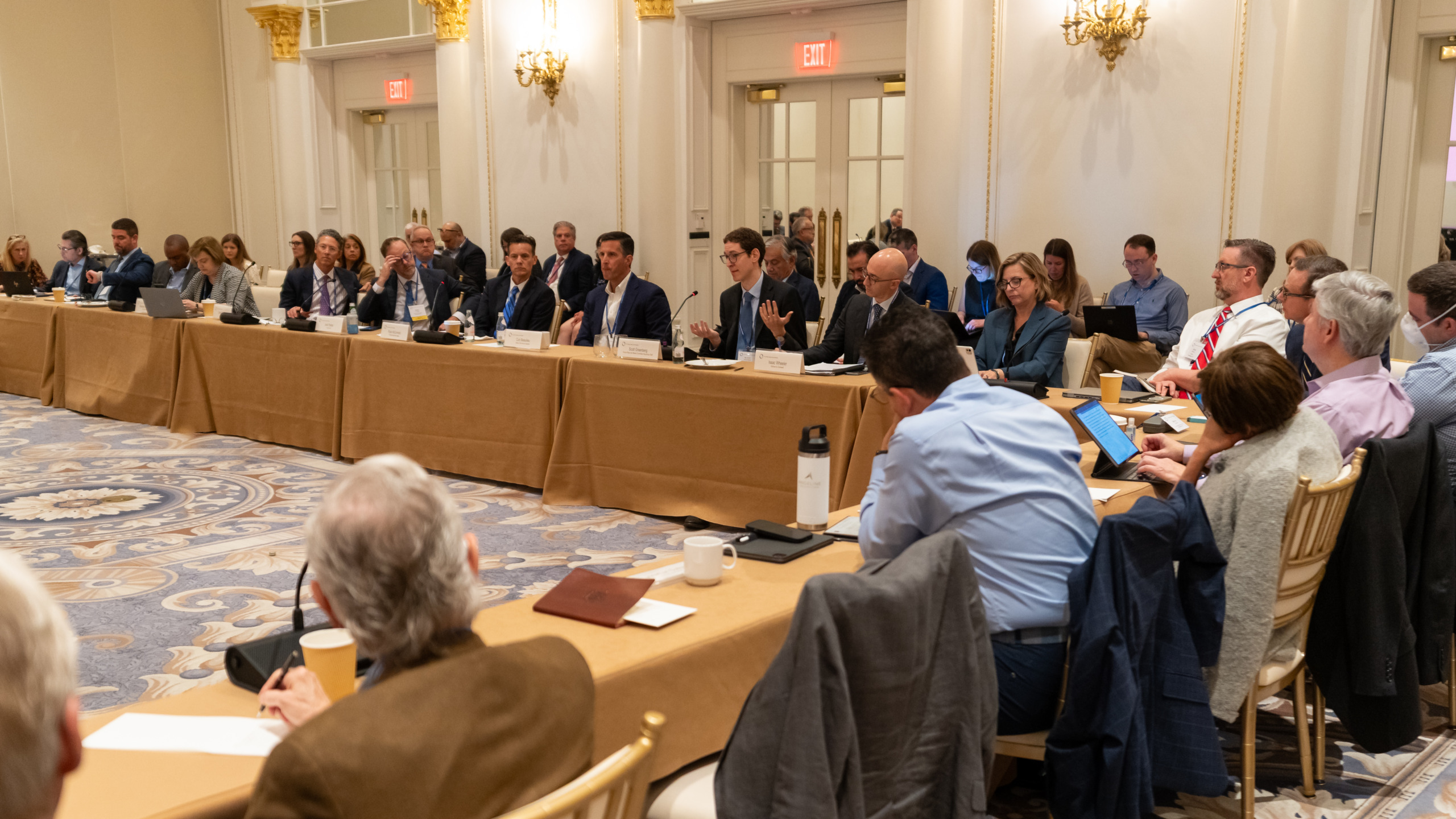
- RER was a vocal critic of the look-through rule when it was first proposed in 2022, and urged its removal from the regulations.
- The rule was finalized last year with only modest transition relief. In March, RER submitted a letter to Treasury outlining concerns with the regulation and again calling for its repeal. (Roundtable Weekly, March 21)
- Those issues were also raised and discussed with Treasury at RER’s Tax Policy Advisory Committee (TPAC) meeting this summer.
- The positive development reflects years of coordinated engagement from RER and TPAC members on the issue. Comments submitted by RER in 2023, not long after the regulations were first proposed, also advocated repeal of the look-through rule. RER’s March 2025 submission was its fourth letter to Treasury and Congress on the matter. (Letters, July 2024; Feb. 2023; Mar. 2023) (Roundtable Weekly, July 2024)
- Backed by detailed data on foreign capital flows provided by CBRE, RER’s March submission emphasized the chilling impact that the regulations were having on foreign investment into U.S. real estate. TPAC member David Polster (Skadden) and his colleague Nick Gianou drafted RER’s legal and technical arguments with significant input from the RER’s FIRPTA Working Group.
Treasury Acknowledges Industry Concerns
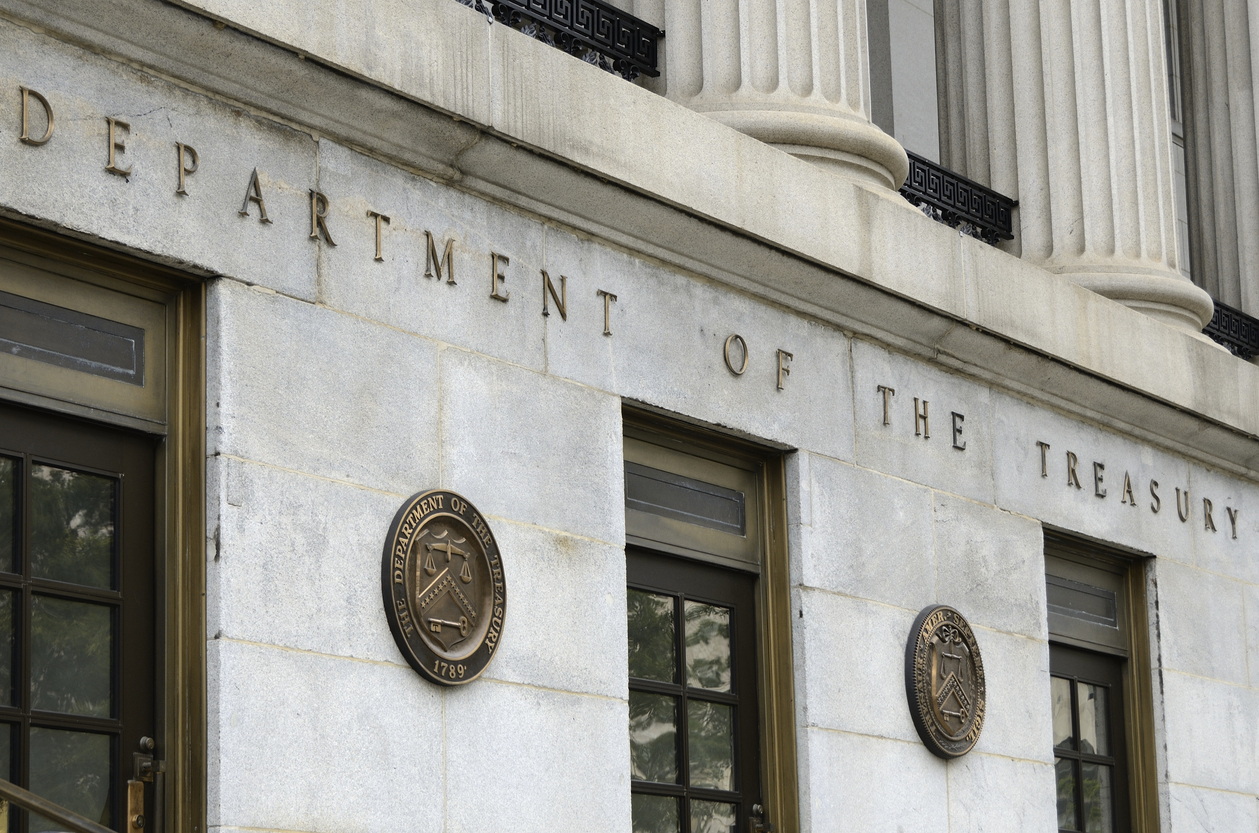
- In its release, Treasury cited the practical difficulty of tracing upstream ownership without reliable data and acknowledged the legal uncertainty, operational complexity, and potentially negative effect on investment in U.S. real estate generated by the 2024 regulations.
- The preamble also notes that stakeholders argued the look-through rule conflicted with congressional intent, as Section 897(h)(4)(B) does not include explicit corporate look-through provisions.
Roundtable on the Road
- RER SVP and Counsel Ryan McCormick discussed the recent FIRPTA developments and other real estate and pass-through tax policy issues this week at NYU’s Institute on Federal Taxation in New York City.
- His presentation highlighted key provisions of the One Big Beautiful Bill Act, potential future legislation, implementation priorities, and major tax litigation affecting partnerships and real estate.
RER will continue to engage with Treasury on areas where further guidance or regulatory changes are needed.


